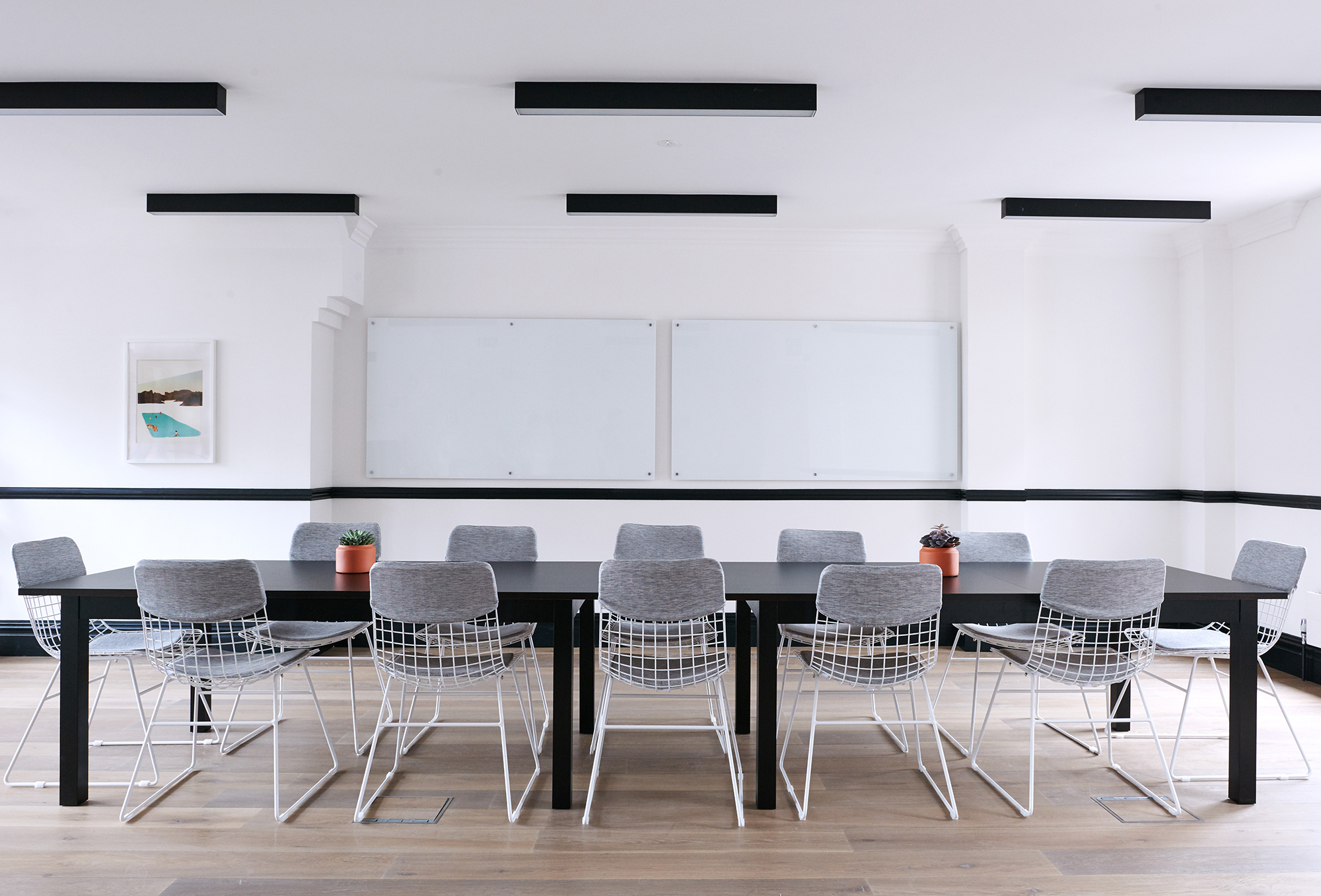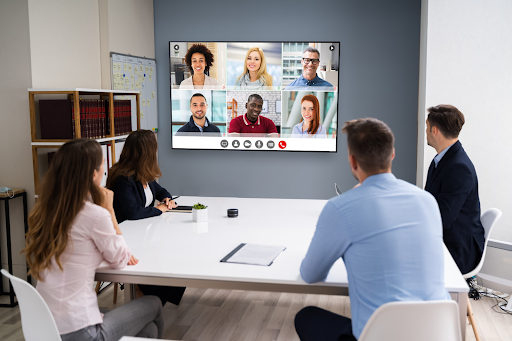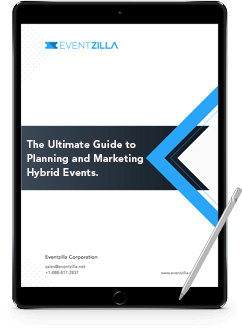A good panel discussion is one of the best ways to satisfy those conference guests who are hoping to learn something new or to engage with thought leaders in their chosen industry. But any seasoned event planner knows that impactful panel discussions are difficult to pull off, mainly because of all of the variables involved. We’re here to help. Let’s break it down into a handy list of do’s and don’ts event planning tips.
Do’s
- Limit the number of panelists to less than 5, including the moderator.
- Keep the length of the event to 45 minutes, including Q&A time.
- Think creatively about the stage set-up. Choose a comfortable living room set-up or tall stools to make the panel seem approachable and feel at ease.
- Identify a skilled moderator who can guide the conversation but not dominate it.
- Communicate all event details including audience demographics and your expectations for each panelist and the moderator via email or phone at least twice before the conference.
- Arrange a meet-and-greet with panelists and the moderator the day before or day of your conference to make each person comfortable.
- Ensure the moderator is prepared with pertinent discussion questions before conference day.
- Have the moderator encourage audience participation throughout the panel discussion, not just at Q&A time.
- Ask for feedback from all panelists and the moderator at the end of the event.
- Share any feedback you receive from the audience with panelists and the moderator.
Don’ts
- Use the typical stage podium and a draped table set-up. It’s not very interactive or comfortable for either the panel or the crowd.
- Use just one microphone for the panel. Passing the microphone back and forth among panelists is time-consuming and awkward.
- Tap just industry executives as potential moderators. You could also consider journalists, consultants, thought leaders and analysts.
- Prepare the panelists too much before the event. You want the discussion to be spontaneous and organic. Just make certain the moderator is prepared (see above Do’s)
- Give each panelist time to introduce themselves. They will inevitably go over their allotted time and slow the conversation down. Have the moderator introduce each panelist instead.
- Include PowerPoint slides in a panel discussion. It steers attention away from the conversation.
- Don’t skimp on Q&A time. Allocate at least 15 minutes at the end of the panel discussion.
Great panel discussions are lively, informative and even fun. With these event planning tips, you’re well on your way to legendary status as a panel event planner. Good luck!
Organizing a conference? Sell tickets online using Eventizilla in minutes.







